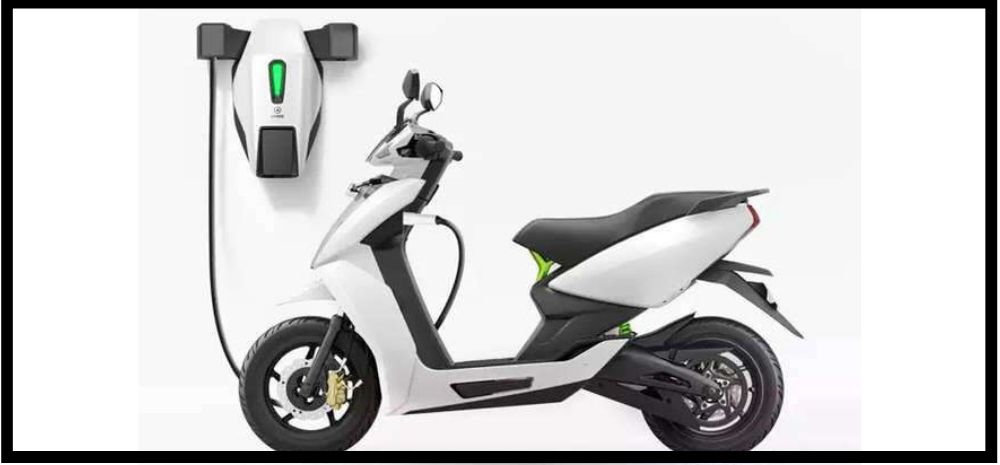2-Wheelers Running On Petrol Can Be Banned After 2025; Subsidy Of Rs 20,000/Kilo Watt Hr For E-Vehicles Proposed

In one of the major push towards adaptability of electric mobility in India, a high-level Govt. committee has recommended some sweeping changes pertaining to the use and sale of 2-wheelers and 3-wheelers in India.
In case the proposals are accepted, then after 2025, petrol based 2-wheelers can be totally stopped in India, and only electric 2-wheelers can be allowed to run on the roads.
But, are these plans even feasible?
Petrol 2-Wheelers Banned After 2025
A high level inter-ministerial steering committee headed by Niti Aayog CEO Amitabh Kant has proposed some big-time changes to the existing mobility sector in India.
As per the proposals shared with the Govt., the committee has suggested that only sale of electric 3-wheelers should be allowed effective April, 2023.
And effective April 2025, only 2-wheelers with electric capability should be allowed to be run on the roads. However, this proposal only encompasses 2-wheelers with engine capacity upto 150 CC.
If approved by the Govt., this mandate can be extended to school buses, city buses and delivery vehicles as well.
Cars Will Be Not Be Covered Under This Rule
In a big relief to the automobile sector, these proposals doesn’t cover cars and SUVs, thereby exempting them from the ambit of this rule.
The committee is trusting the automobile companies, which are investing heavily into implementing BS-VI compliance for all cars sold in India, effective April, 2020.
Besides, stringent fuel efficiency norms for cars and buses/trucks have been proposed as well, which will ensure that Indian roads are free of pollution.
Heavy Subsidy Planned For Battery Manufacturers
In an interesting move, the high-level has proposed massive subsidies for battery manufacturers in India, who can trigger the electric-revolution in the country.
No subsidy has been planned for automobile companies.
Subsidies of Rs 20,000 per kilowatt hour has been proposed for three-wheelers, which will allow them to scale-up, and expand their operations.
The committee is expecting that battery manufacturing and storage industry in the country is expected to invest up to Rs 50,000 crore in enabling the infrastructure required for unleashing electric mobility revolution in the country.
These suggestions are in line with the green revolution which is sweeping over India. We recently reported that for the first time in India, India spent more on solar power, rather than on coal power.
We will keep you updated, as more details come in.

Comments are closed, but trackbacks and pingbacks are open.